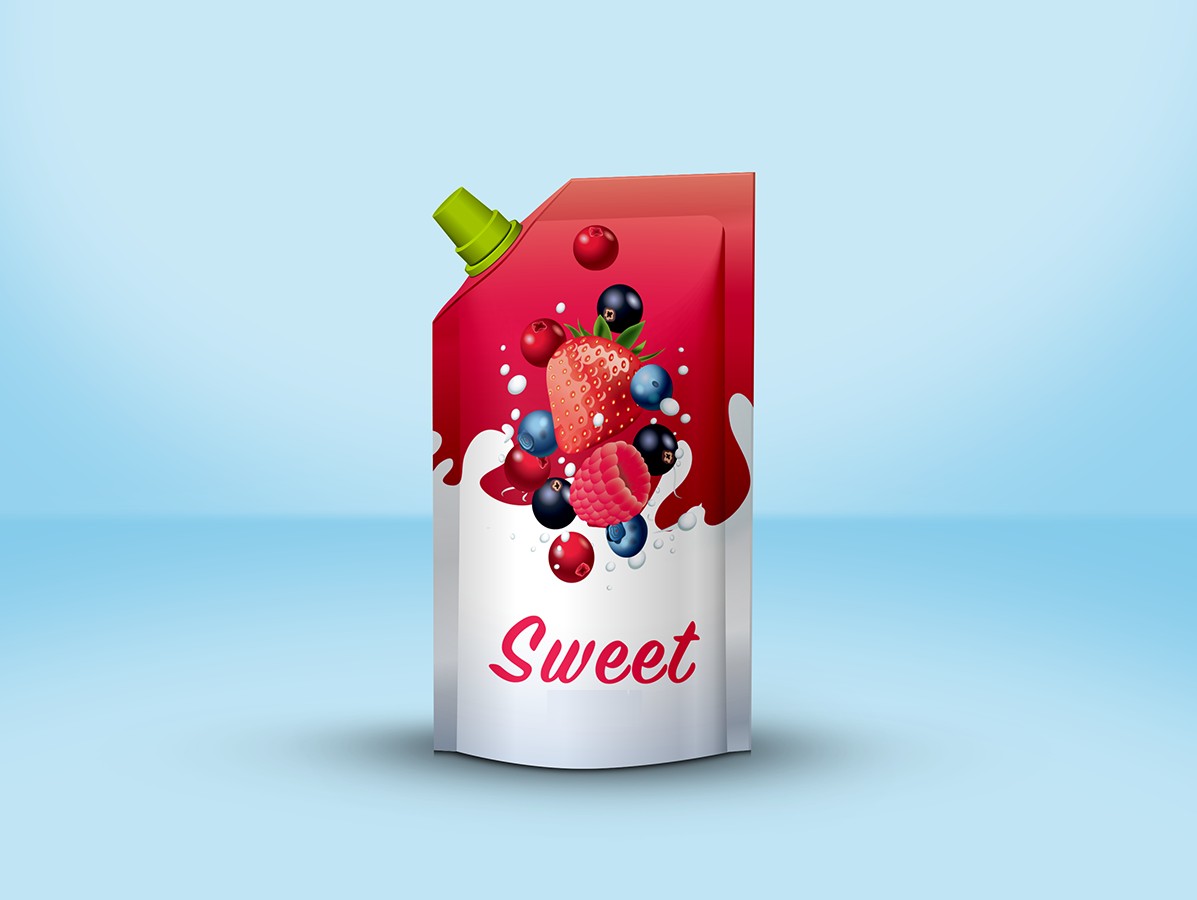
On 28 November, the Knowledge Institute for Sustainable Packaging (KIDV) published the Recycle Check for flexible plastic packaging. Producers and importers of packaged products and packaging can use the Recycle Check to assess relatively easily and quickly whether a packaging is easily recyclable, according to the definition used by the KIDV for this purpose. On 28 November, the KIDV also announced the results of a study into recyclable alternatives to laminates. The report provides insight into the possibilities of making laminate packaging more suitable for recycling in the future.
The Recycle Check consists of a decision tree with twelve questions and background information, on the basis of which companies can determine whether a packaging - according to the (stricter) definition of the KIDV - is easily recyclable. According to this definition, a recovered raw material can be used in the production of new packaging or products. The Recycle Check explains the components and application of materials that influence the recyclability of a packaging and developments to make packaging more recyclable.
The Recycle Check applies to flexible plastic packaging that is released into the household waste, or streams that resemble it; for example, waste from the hotel and catering industry, offices, shops and service companies. The KIDV has already drawn up a Recycle Check for rigid plastic packaging, which will be updated shortly. The Recycle Check for paper and cardboard is being developed.
Non-formable plastics that are easily recyclable from the KIDV Recycle Check are eligible for rate differentiation by the Packaging Waste Fund. This does not apply to flexible plastics.
Source: © KIDV